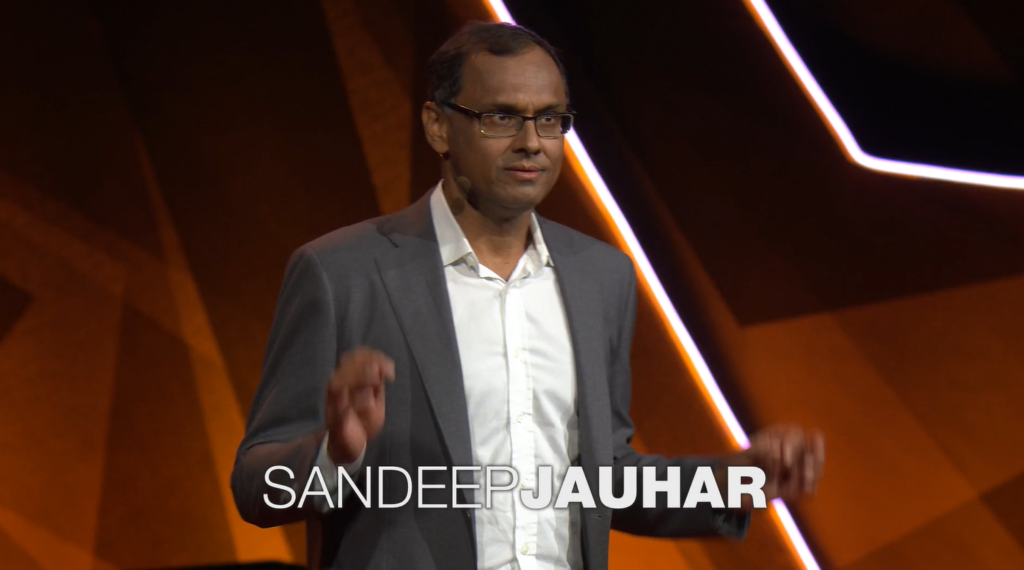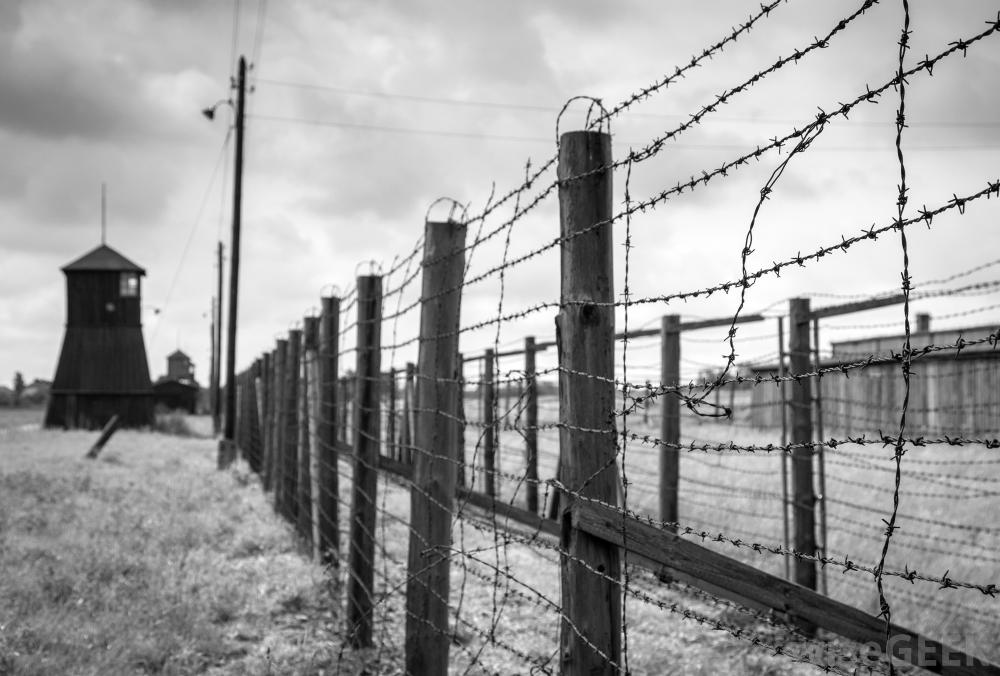Introduction
Unprocessed trauma leaves deep imprints on the body’s nervous system, keeping us looping in survival reactivity, stuck in fight, flight, freeze, or fix behaviors. While the original survival behaviors were the smartest protective coping mechanisms available, they become maladaptive, keeping us repeating self-defeating behaviors long after the original traumatic impact has passed.
Understanding how trauma affects the nervous system can empower us to soften and transform these repetitive traumatic cycles and begin a healing journey rooted in awareness, emotional resilience, and heart-mind coherence.
The Nervous System’s Role in Trauma
The human nervous system is designed to regulate emotions, manage stress, and help us navigate challenges. However, traumatic experiences can overwhelm the system, causing it to remain in a heightened state of alertness or shut down entirely.
- The Sympathetic Nervous System (SNS): This is responsible for the body’s “fight or flight” response. When trauma occurs, the SNS floods the body with stress hormones, preparing it to defend itself or escape danger. If the trauma is unresolved, this state of hyperarousal can become chronic, leading to anxiety, emotional reactivity, and difficulty relaxing.
- The Parasympathetic Nervous System (PNS): This system helps the body return to a state of rest and recovery. However, unresolved trauma can push the system into extreme shutdown, causing feelings of numbness, dissociation, depression, or chronic fatigue, manifestations of the freeze survival strategy.
- The Vagus Nerve: A key player in emotional regulation, the vagus nerve connects the brain to the heart, lungs, and gut. Trauma can dysregulate vagal function, making it difficult to feel safe, calm, or connected to others.
The Cycle of Emotional Loops in Trauma
When trauma is unresolved, the nervous system continuously seeks familiarity. This is why many people find themselves repeating self-defeating behaviors, engaging in toxic relationships, or struggling with emotional addictions.
- Emotional Addiction to Stress: The body becomes accustomed to the chemical effects of stress hormones, reinforcing patterns of struggle, anxiety, and hypervigilance.
- Reactivity and Triggers: Unresolved trauma creates hypersensitivity to emotional triggers, leading to cycles of fear, anger, or avoidance.
- Self-Sabotaging Behaviors: When the nervous system is dysregulated, it seeks predictability—even if that predictability is harmful. This is why healing trauma requires intentional awareness, practices in self-regulation, and access to co-regulation with a person whose nervous system is in a state of calm and openness.
Healing the Nervous System & Breaking the Cycle
Healing trauma isn’t just about talking about the past—it’s about rewiring the nervous system to respond differently to stress and emotional challenges. Here are some powerful methods to restore balance:
- Heart-Centered Breathing: Deep, intentional breathing activates the parasympathetic nervous system, calming the body and reducing stress responses.
- Mind-Body Awareness: Practices such as intentional attention to emotions, meditation, yoga, and somatic experiencing help reconnect the mind and body, allowing emotional energy to be processed instead of suppressed.
- Rewriting Emotional Patterns: Through self-reflection, journaling, and guided therapy, we can identify and transform trauma-based beliefs that keep us stuck in negative cycles.
- Building Emotional Resilience: Developing the ability to self-regulate emotions through mindfulness and self-compassion strengthens the nervous system’s ability to return to balance.
- Integrating Science and Wisdom Traditions: Combining neuroscience-based healing with spiritual wisdom (such as heartfelt compassion, forgiveness, and gratitude) enhances and sustains a holistic healing process.
Conclusion
Understanding the impact of trauma on the nervous system is the first step toward transformation. By practicing heart-mind coherence and intentional emotional healing, we can shift from reactive survival patterns to a life of emotional resilience, inner peace, and authentic connection.
If you’re ready to take the next step in your healing journey, explore our workshops and programs designed to help you transform distressing emotional loops and experience true inner freedom and joy.






About The Author: Caroline
More posts by Caroline